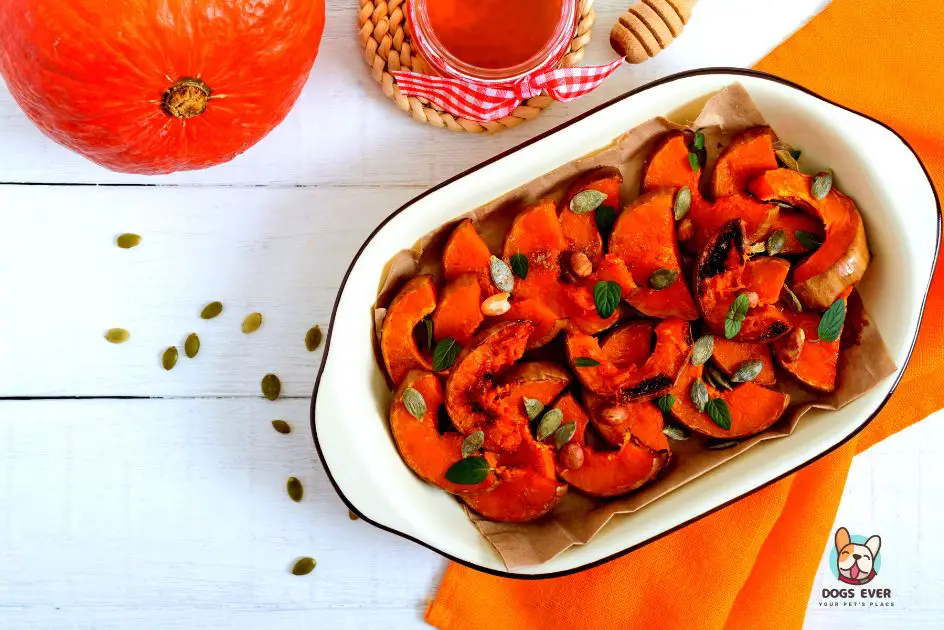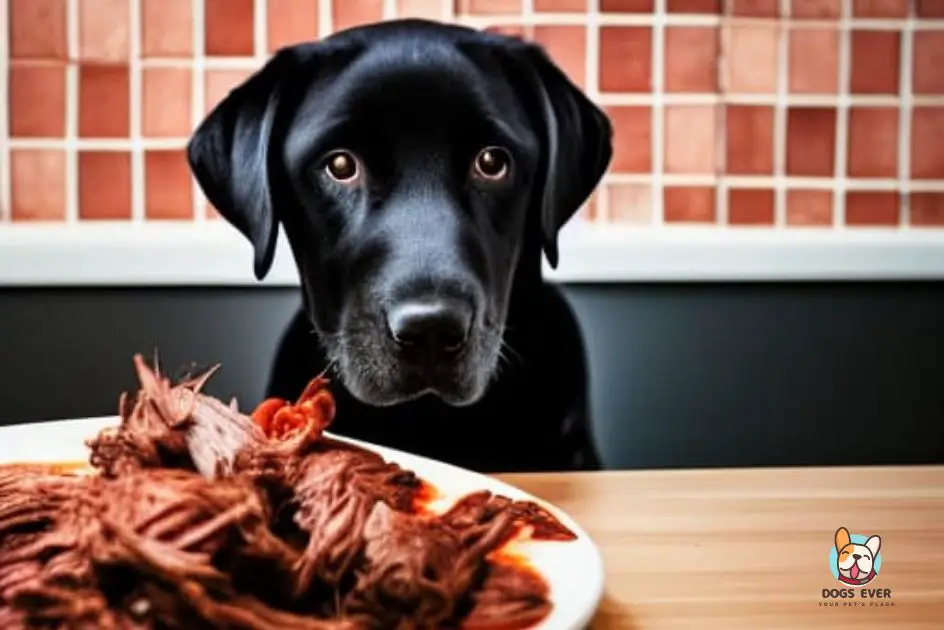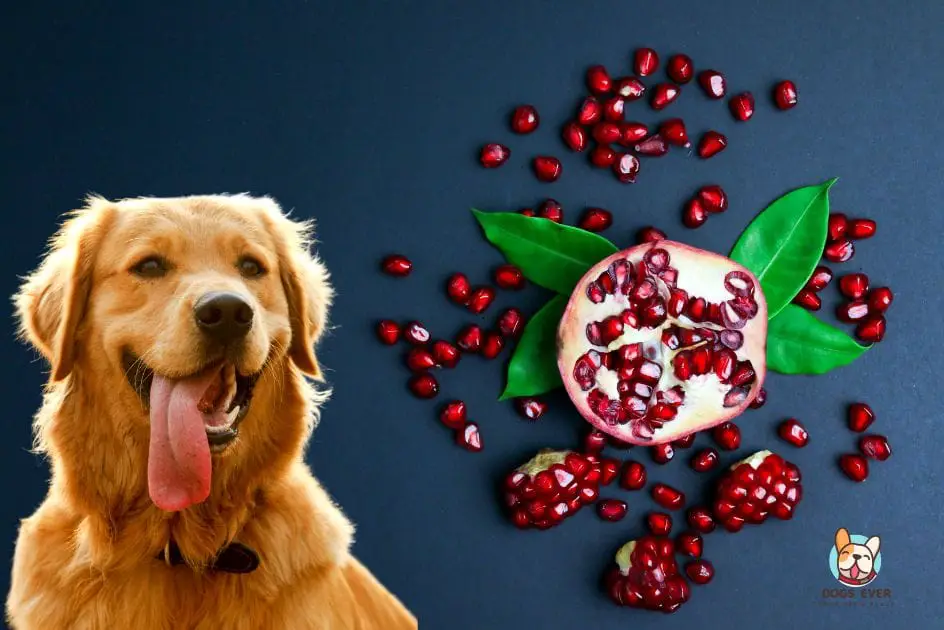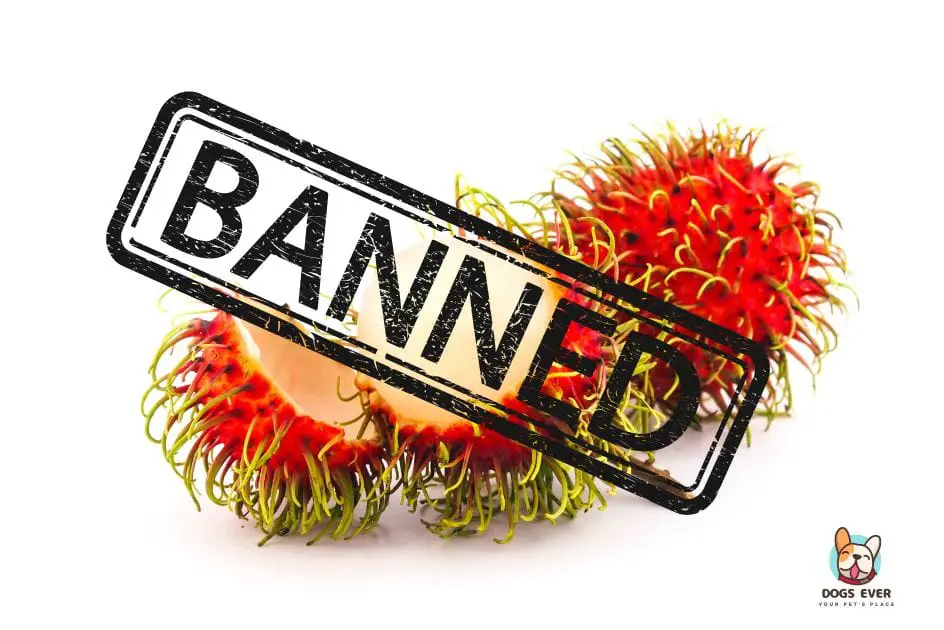· food · 6 min read
Can dogs eat butternut squash? Let's find out

Butternut Squash and Your Dog’s Diet: A Nutritional Exploration
Hello, devoted dog parents! 🐾 If you’re always on the lookout for new, healthy treats for your furry companions, you’re in for a treat yourself. Today, we’re diving into the world of butternut squash and its potential benefits for your four-legged friend. Let’s get started on this journey of nutritional discovery!
Butternut Squash: A Nutritional Powerhouse 🍠
Butternut squash isn’t just a delightful fall favorite for us humans; it’s also packed with nutrients that can be a real boon for your dog. This squash variety is rich in essential vitamins, including A and C, which can bolster your pup’s immune system and overall well-being. Additionally, its dietary fiber content can support healthy digestion and regular bowel movements – something every dog parent can appreciate. 🌟
Is Butternut Squash Dog-Friendly? 🐶
Good news! Butternut squash is generally considered safe for dogs to eat. It lacks harmful compounds and can make a valuable addition to their diet. However, as with any new food, proper preparation is key. Ensure the squash is cooked thoroughly to make it easier for your pup to digest and to avoid potential digestive issues.
Nutritional Benefits for Your Four-Legged Companion 🦴
Beyond its mouthwatering flavor, butternut squash offers a range of nutritional benefits for your dog. The vitamins and minerals found in this vibrant veggie can promote your pup’s overall health. Vitamin A supports healthy vision and immune function, while vitamin C acts as a powerful antioxidant, combatting free radicals and bolstering overall health. The dietary fiber content also plays a role in maintaining optimal digestive health.
Portion Control: How Much Butternut Squash is Safe? 🥄
As with introducing any new food, moderation is key when it comes to butternut squash. Depending on your dog’s size and dietary needs, it’s best to portion out the squash appropriately. As a general guideline, aim for about 1 to 2 tablespoons of cooked, mashed butternut squash per 10 pounds of your dog’s body weight. However, remember that every pup is unique, so consulting your veterinarian is always a smart move.
Cooking Up Canine Delights: Preparing Butternut Squash Treats 🍽️
Creating wholesome treats for your pup doesn’t have to be a complex endeavor. You can easily prepare butternut squash treats tailored to your dog’s taste buds and nutritional needs. Begin by washing, peeling, and removing the seeds from the squash. Then, cut it into small, bite-sized pieces and steam or bake until it’s tender. Mash or blend the cooked squash into a consistency suitable for your pup, and you’re ready to pamper your four-legged friend with a nutritious treat.
Other types of Squash
Honeynut Squash: A Sweet Nutritional Treat 🍯
Move over, butternut, and make way for the sweet and petite honeynut squash! These little gems are like nature’s candy for your dog. Honeynut squash is rich in vitamins, including A and C, just like its larger cousin. Plus, its natural sweetness makes it an instant hit with most pups. Can dogs eat honeynut squash safely? Yes!
Cooking Up Honeynut Delights: Puppy-Approved Recipes 🍽️
Creating tasty treats with honeynut squash is a breeze. Start by washing, peeling, and removing the seeds from the squash. Then, cut it into bite-sized pieces and steam or bake until it’s tender. Mash or blend the cooked squash into a consistency suitable for your pup, and you’ve got a sweet and nutritious snack ready to delight your four-legged friend.
Now, let’s introduce Acorn Squash:
Acorn Squash: Nutrient-Packed Goodness 🍂
Acorn squash, with its distinctive ridges and deep orange flesh, is another nutritional powerhouse. Packed with vitamins, especially vitamin C, and dietary fiber, acorn squash can be a fantastic addition to your dog’s diet. The good news is that it’s generally safe for canine consumption.
Preparing Acorn Squash for Your Pup’s Palate 🍲
Cooking up acorn squash for your furry companion is a simple affair. Start by halving the squash, removing the seeds, and roasting it until it’s tender. You can then scoop out the flesh and serve it to your pup in small, manageable portions. It’s a tasty way to introduce variety into their diet while providing essential nutrients.
Lastly, let’s explore Spaghetti Squash:
Spaghetti Squash: The Low-Carb Option 🍝
For health-conscious dogs, spaghetti squash can be an excellent choice. This variety is lower in carbs and calories, making it suitable for pups with weight management needs. It’s a good source of vitamins and minerals, particularly vitamin C, and can be a refreshing change in their diet.
Spaghetti Squash Treats: Easy and Healthy Options 🍴
Preparing spaghetti squash for your dog is a cinch. Roast the squash until it’s fork-tender, and then scrape out the spaghetti-like strands. You can serve it plain or mix it with other dog-friendly ingredients for a delightful, low-carb treat. Just remember to keep portions in check, as with any new food.
Keeping an Eye on Allergic Reactions and Digestive Sensitivities 🧐
While butternut squash is generally safe for most dogs, it’s crucial to be vigilant for any signs of allergies or digestive sensitivities. Keep an eye out for symptoms such as vomiting, diarrhea, excessive gas, or changes in behavior after introducing butternut squash into your dog’s diet. If you notice any of these signs, discontinue the squash and consult your veterinarian for guidance.
Exploring Alternatives: Other Healthy Treats for Your Pup 🍗
If butternut squash doesn’t quite tickle your pup’s taste buds, don’t fret – there are plenty of other dog-friendly options to consider. Cooked sweet potatoes, carrots, and green beans are fantastic alternatives that also offer valuable nutrients. These treats can be prepared in a similar manner to butternut squash, ensuring a tasty and nutritious snack for your furry friend.
In Conclusion: Keeping Your Pup’s Palate Happy and Healthy 🐾
In the world of doggy cuisine, butternut squash can indeed find a special place. It’s a wholesome option that provides vitamins, minerals, and dietary fiber to support your dog’s well-being. However, it’s essential to remember that every dog is unique, and consulting your veterinarian before making significant dietary changes is a wise move. With the right approach – moderation, proper preparation, and a keen eye for your dog’s health – you can introduce this vibrant veggie into your pup’s menu and keep that tail wagging with delight.



